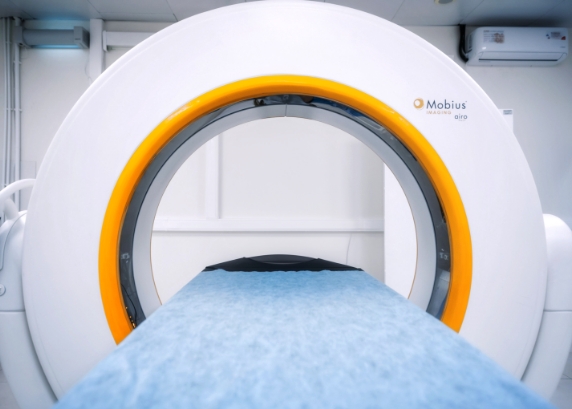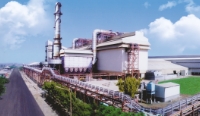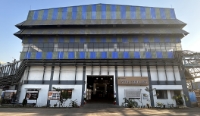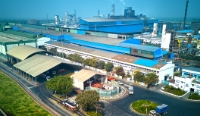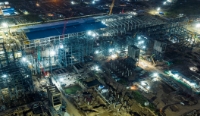How Copper Powers
Innovation Across Industries
Copper's indispensability in diverse industries stems from its exceptional versatility. Renowned for its remarkable conductivity, malleability, and corrosion resistance, copper offers a range of advantageous properties that are useful for numerous applications and sectors such as:
Construction and Infrastructure
Copper's presence in plumbing, heating/cooling systems, roofing, and infrastructure projects - including power plants and substations - enhances durability, energy efficiency, and overall functionality. Its utilisation in these applications contributes to the construction of resilient and sustainable built environments.

Automotive
Copper plays a crucial role in wiring harnesses, electrical components, and motors, enabling power distribution, and safety features, and serving as a key component in electric vehicles (EVs). It not only supports efficient and reliable automotive systems but also promotes the adoption of sustainable transportation solutions for a greener future.

Machinery and Equipment
Copper's exceptional heat transfer and electrical conductivity properties in motors, generators, transformers, and heat exchangers contribute to increased operational efficiency and reliability of machinery and equipment.

Electrical and Electronics
Copper ensures efficient power transmission and reduced energy loss through its widespread use in conductors, cables, wires, switches, and transformers. It drives technological advancements and enables the development of reliable electrical systems that power our modern world.

Renewable Energy
Copper's indispensable role in solar panels (photovoltaic cells) and wind turbines extend its contribution to clean energy generation. It enables efficient power conversion, transmission, and distribution, powering homes and industries with renewable energy.

Manufacturing and Fabrication
Copper's versatility in metalworking, machining, and fabrication processes ensures the production of high-quality components, fittings, valves, and machinery parts. Its use in manufacturing and fabrication operations enables efficient and precise production processes.
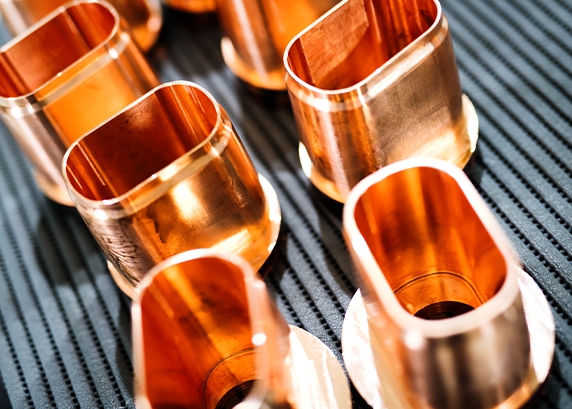
Chemical Industry
Copper's catalytic properties drive chemical reactions, while its use in heat exchangers and pipes within chemical plants enhances thermal efficiency. It enables efficient reactions and heat transfer in chemical production facilities.
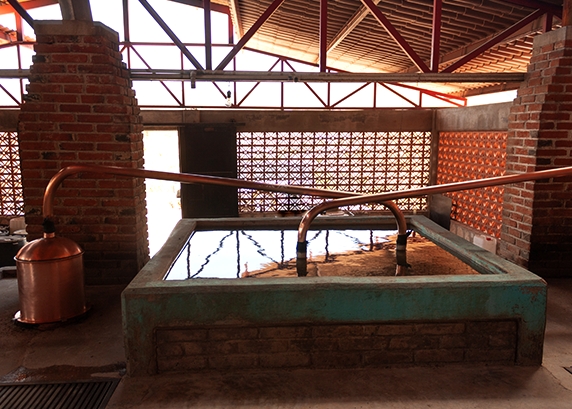
Marine and Offshore
Copper's corrosion resistance in seawater makes it a valuable material for shipbuilding, offshore structures, and underwater cables. It ensures the durability and longevity of marine and offshore installations, supporting safe and efficient operations in challenging marine environments.
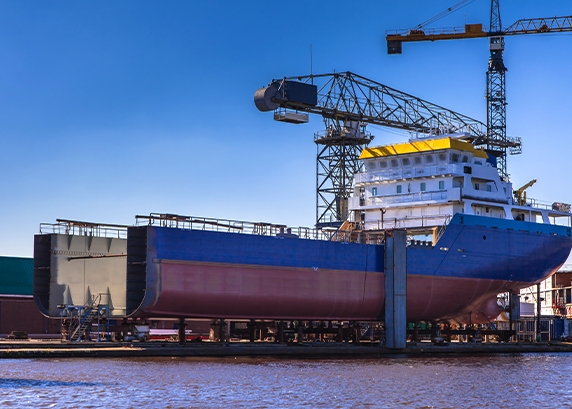
Healthcare
The antimicrobial properties of copper make it valuable for touch surfaces and medical equipment. It is used in medical imaging devices and surgical instruments due to its conductivity, compatibility with magnetic fields, and biocompatibility.
